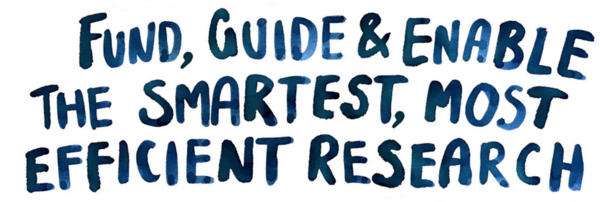Research Policies
Policy on the use of animals in research
We support the principle of using animals in research when there is no alternative, or when absolutely necessary to advance our understanding of motor neuron disease and potential new treatments. We are committed to the 3Rs of reduction, replacement and refinement, as basic principles of humane animal research. As members of the AMRC, we endorse their position statement on the use of animals in research.
Policy on the publication of research
We believe that open and transparent dissemination of knowledge resulting from research is essential to accelerate progress and avoid duplication. We encourage our researchers to disseminate research findings - both positive and negative - at conferences and other meetings. We encourage our researchers to publish their findings as rapidly as possible in peer-reviewed papers and make manuscipts open access, these costs can be covered in our grants.Publications arising from clinical trials should comply with the CONSORT Statement, and those arising from animal research should comply with the ARRIVE guidelines.
Our Discovery Network is underpinned by it's own open science policy.
Policy on involvement in medical research
Involving people affected by MND in everything we do forms an important part of our Research Strategy, to ensure their needs and priorities remain at the heart of our activities. For example, people affected by MND form an essential part of our Research Review Committee, ensuring the research we fund matters to people affected by the disease. We support AMRC’s position statement on the importance of involvement in medical research.



















